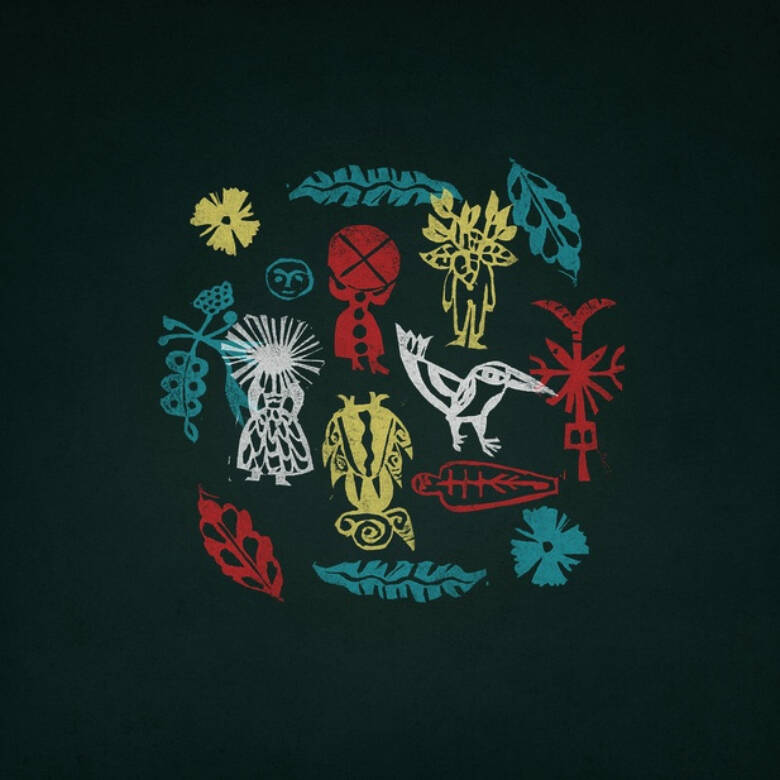
8 July 2023 at 8.15 pm POHODA festival Trenčín
10 July 2023 at 7.00 pm The Central Slovakia Cultural Centre Banská Bystrica
11 July 2023 Dominican Cultural Center Košice
12 July 2023 workshop & concert at the Poštárka housing estate in Bardejov
12 July 2023 BAŠTA in Bardejov


Angrusori review is out now!
Just a moment after the end of the concert in Stavanger's Tou:
https://www.aftenbladet.no/kul...
.

Tour 2
26 July, 2022 at 6:00 p.m.
Tou Scene, Stavanger, Norway
https://www.touofficial.com/pr...
28 July, 2022 at 4:30 p.m.
Olavsfest, Trondheim, Norway
https://olavsfest.no/arrangeme...
.

Petr Dorůžka wrote about Angrusori in the Czech cultural magazine Uni:
"Our best violin improviser participates in a much wider range of activities than Czech audience just can see. She created the Angrusori project together with Roma artists from Slovakia and the Norwegian group Kitchen Orchestra. This May, they had concerts in Bratislava, Žilina and Košice, following there will be a tour in Norway and Britain."
The whole article: https://www.magazinuni.cz/hudb...

May 19, 2022 International Conference "Ubuntu" and Music Fusion
"Ubuntu" and music fusion - the concept of not only musical reciprocity. Inspirational sources, creative methods and the importance of improvisation
More info and program: https://angrusori.com/activiti...

May 19, 2022 / 2:30 - 4:00 p.m. Workshop with Iva Bittová: Žingora Vocal School - Voices for Joy and Peace / The Žingora Vocal School was founded by a Czech singer and multi-instrumentalist Iva Biitová in the United States to help her students find a way to better open theirself to self-expression.. Through sensitive guidance, he directs joint improvisation and teaches several Romani songs.
Limited number of participants - 25
Venue - room no. 350, Faculty of Arts of Comenius University, Bratislava
Application: https://worldmusicfestival.sk/workshop/?fbclid=IwAR38ChXd7zwmVRi7KG8zIb5g7nIjSpCncVKcsKa1f_hJXEULFjHYL_YzARw

May 17 - 18 A two-day pre-production meeting of musicians in the Moyzes Hall in Bratislava. We also have a working meeting within the international project Angrusori

March 30, 2022 The Angrusori music project members (Roman Harvan, Nils Petter Asheim and Petter Frost Fadnes) responded to the Radio_head Award for 2021 in the World Music / Folk category on the FM World Music program.

On March 25, 2022, Angrusori won the Radio_Head Award in the World Music / Folk category.

March 23, 2022 Radio_Head Awards jury meeting in the World Music and Folk category, which was attended by Milan Tesař and Dušan Svíba from the Czech Republic, Johann Kneihs from Austria and Saška Pastorková and Juraj Gonšor from Slovakia. It was also supplemented by Anna Mašátová from the Czech Republic, Marija Vitas from Serbia and DJ Jedi from the USA opinions. Among other things, they talked about the Angrusori project.

15 February 2022 Janka Belišová talks about the Angrusori project in the "How do you like it" show of the Czech Radio Proglas.

9. február 2022 Angrusori porada. Chystáme turné na Slovensku. :-)

7 February 2022 The album Angrusori - Live at Tou is nominated for the Radio_Head Award in the World Music / Folk 2021 category.

6 January 2022 Angrusori project in the morning broadcast of the Czech radio Proglas.

December 2021 ANGRUSORI is in the World Music Chart Europe list of the top 200 albums.
Link: https://www.wmce.de/Year_2021-...

4 October 2021 We had an online meeting where we talked about the upcoming tour in 2022. It will be amazing.

12 May 2021 Jana Belišová, Nils Henrik Asheim and Roman Harvan talked about the Angrusori project on Radio FM.
Link: https://www.rtvs.sk/radio/arch...

7 May 2021 Angrusori: Live at Tou review – Romany songs of birth, death and black comedy
Using tango, flamenco, junkyard jazz and more, the pan-European group turn stories of migration, pain and persecution into something transcendent...
Read the review in The Guardian: https://www.theguardian.com/mu...

February 2021 We attended a seminar prepared by the EEA Grants Department from the Ministry of Investment, Regional Development and Informatization of the Slovak Republic, which should make it easier for us to orientate ourselves in the rules of project management, reporting and compliance with all necessary requirements.

16 January 2021 The project contract was signed by all parties and thus entered into force. We are very happy! If you want to know more about programmes and projects financed by the EEA Grants in Slovakia, visit www.eeagrants.org.

